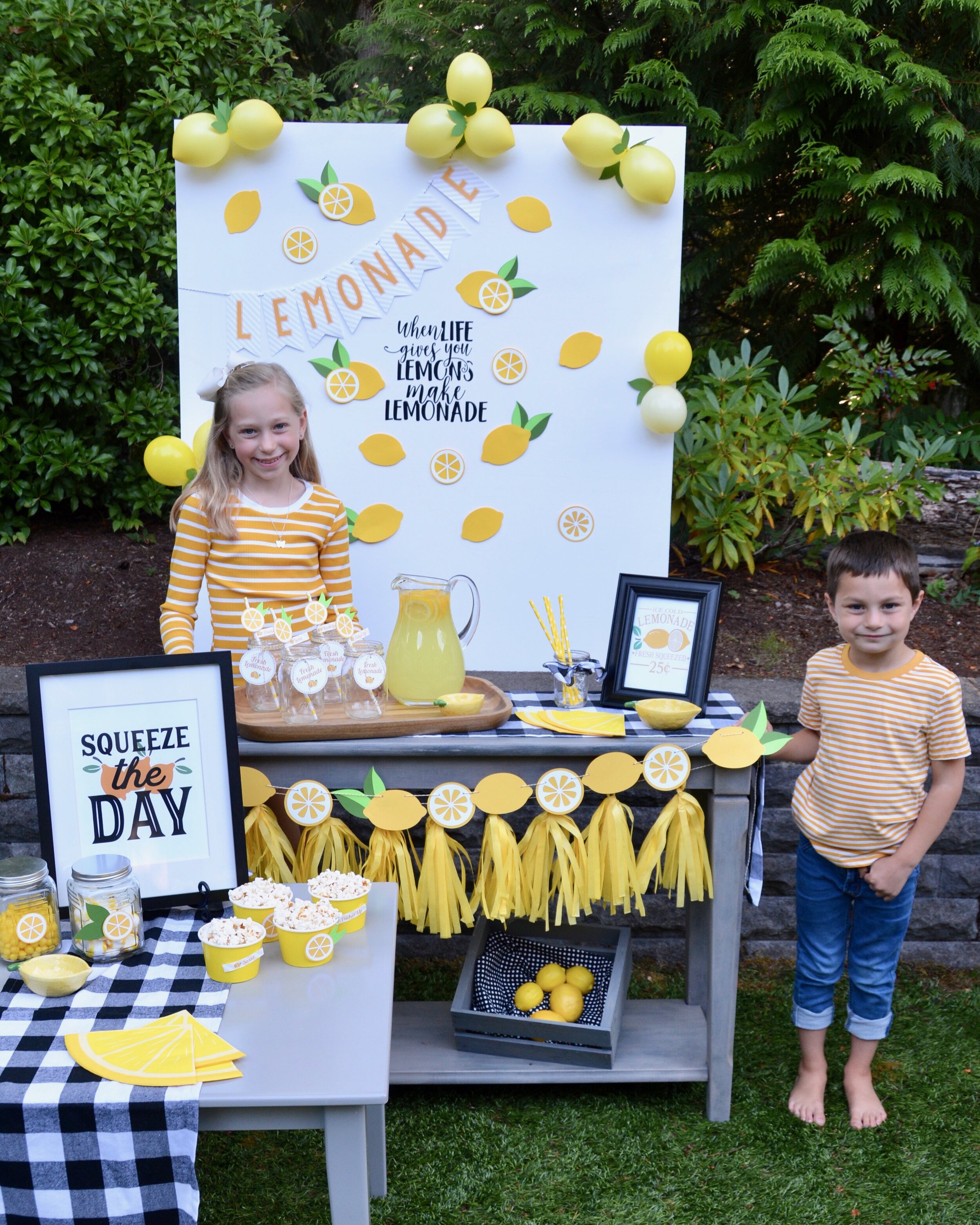Have you ever stumbled upon something online that leaves you both bewildered and strangely fascinated? The internet, a vast and often unpredictable landscape, has birthed its share of enigmas, and among them, lemonparty.org stands as a particularly notorious example.
The digital sphere, with its capacity for both profound connection and unsettling content, has always been a breeding ground for the unexpected. Lemonparty.org, a website that emerged from the early days of the World Wide Web, is a testament to this. Its creation and subsequent impact highlight the ever-evolving nature of online culture and the enduring power of shock value. Its existence continues to spark debates about digital boundaries, the nature of online expression, and the lasting effects of the internet's early, wild west phase. What was once a provocative online prank has become a chapter in the history of the internet, illustrating the way the digital world shapes our perceptions and influences our interactions.
| Category | Details |
|---|---|
| Website Name | lemonparty.org |
| Purpose | Shock site |
| Content | An explicit image of three elderly men in a sexual situation |
| Year of Registration | 2002 |
| Origin | Internet prank; one of the original shock sites |
| Impact | Influenced internet culture, inspired discussions, memes, and academic studies |
| Cultural References | Mentioned on Urban Dictionary, in Superbad promo |
| Current Status | The site has been dormant for years |
| Legal Status | No federal or state legislation in the United States outlaws possessing or viewing images depicting the death of a human being (related to similar content). |
| Related Controversy | Sacha Robotti's website redirected to lemonparty.org |
Lemonparty.org wasn't just a website; it was an event, a digital experience that left an imprint on the collective memory of the internet. The site's emergence coincided with a period when the internet was still finding its footing, a time when the rules were less defined and the boundaries of what was considered acceptable were constantly being tested. It was a time of experimentation, where the possibilities of the digital realm were being explored, sometimes with little regard for conventional norms. As one of the original five shock sites, lemonparty.org was at the forefront of this digital frontier.
- Unveiling The World Of Moviespointmkv Your Ultimate Movie Hub
- Ullu Web Series 2024 The Hottest Show Everyonersquos Talking About
Its creation, the website's registration in 2002, coincided with a time of rapid expansion of the internet. The site, with its shocking image, was designed to catch viewers off guard. The explicit content was a deliberate attempt to provoke a reaction, to challenge the viewer's expectations and to push the boundaries of what was considered acceptable online. The result was a notorious shock site, one that, along with Goatse and Tubgirl, became synonymous with the early days of the internet. It was a prank, designed to shock and surprise, and it succeeded in doing so, becoming a meme and a cautionary tale all in one.
The image itself, a still photograph of three elderly men engaged in a sexual act, was instantly unforgettable. This particular content, displayed without any warning, aimed to jolt the viewer, making it a classic example of a shock site. The simplicity of the image, coupled with the unexpected nature of the content, made it especially effective. The image's design to elicit a strong reaction served its purpose well, making it difficult for those who encountered it to erase it from their minds.
The website gained traction through its ability to generate a strong response. The nature of the site was quickly disseminated across the internet, shared among friends. It became one of those online experiences that everyone seemed to have heard about, even if they hadn't actually visited the site. It was a digital urban legend, a story that was passed from person to person, a phenomenon that helped define the internet's early days.
- Ullu Sex Stories The Ultimate Guide To Understanding The Phenomenon
- Why Wwwbolly4uorg Is A Mustvisit For Bollywood Fans
The impact of lemonparty.org extended beyond simply shocking its viewers. It became a symbol of the internet's capacity to surprise, to challenge, and to provoke. The site's existence fueled conversations about the nature of online content, the boundaries of free speech, and the ethics of online expression. The site was a testament to the internet's ability to create a sense of shared experience, even through its most controversial creations.
It wasnt just a website; it was an experience, one that became a part of internet lore. Its status grew over the years, solidifying its place in digital history. As the internet evolved, so did its impact. Lemonparty.org, in its own way, helped shape the way we perceive and engage with online content.
The website, in its infamous way, became a cultural touchstone. It was referenced, discussed, and analyzed. In 2004, the site officially entered the lexicon when it was added to Urban Dictionary. It was a confirmation of the site's place in the internet's story, now officially recognized as part of the language of online culture. In 2007, the comedy duo Michael Cera and Jonah Hill gave it a shoutout during a Superbad promo interview, sending the prank spiraling even further into the wild, cementing its place in pop culture.
The very idea of selling lemonparty.org highlights the value that can be placed on notoriety. In 2013, a chance to own a piece of internet history was presented, with the website being offered for sale. The asking price was $450,000, an amount that underscored the unique value of the website. It was more than just a URL; it was a symbol, a piece of internet history that someone was willing to pay a significant sum for.
The legacy of lemonparty.org highlights the way that the internet transforms our understanding of expression and interaction. Its presence has inspired discussions and memes, opening new avenues for digital expression and creativity. This unconventional approach challenged traditional norms, encouraging us to rethink how we interact with digital content and the broader implications of online spaces. The website's existence, though initially controversial, has contributed to the evolving definition of what is acceptable online, demonstrating that online platforms can be used to both shock and to promote discussion.
The controversy surrounding lemonparty.org continues to highlight the complex relationship between the internet and free speech. The content on the site challenges the boundaries of what is considered acceptable, opening conversations about censorship, the role of platforms, and user responsibility. It prompts us to consider the impact of online content on individuals and society. The legal implications of shock sites, like this one, reveal the complexities of regulating online content. The failure of bills to outlaw the dissemination of shocking content highlights the ongoing battle between freedom of expression and the desire to protect individuals from potentially harmful content.
The website's continued existence raises questions about the evolution of the internet. The site, a relic of an earlier era, illustrates how the internets culture has evolved. The shock sites, such as lemonparty.org, remind us of the wild-west nature of the early web and the impact this has on the content people encounter. This digital landscape, characterized by anonymity and freedom, encouraged experimentation. The evolution in this era had its own impact on the digital world. Lemonparty.orgs history shows that the internet's future is continually shaped by its users and their interactions. Its a reminder of how the digital world is always in flux.
The story of lemonparty.org highlights the way the internet, and its content, is constantly being reshaped. In 2018, electronic musician Sacha Robotti filed a lawsuit against his former managers, claiming they redirected his website to lemonparty. The lawsuit highlights the potential risks associated with online content and the importance of managing a brand identity. The incident demonstrates how a shock site can be used to damage reputations or to generate controversy. The case reflects the impact of lemonparty.org. The incident serves as a reminder of the potential dangers that exist within the digital landscape, illustrating the need for awareness and vigilance in protecting one's online presence.
- Unveiling The World Of Moviespointmkv Your Ultimate Movie Hub
- Unlocking The Potential Of Aagmal Tech Your Ultimate Guide To Digital Innovation


